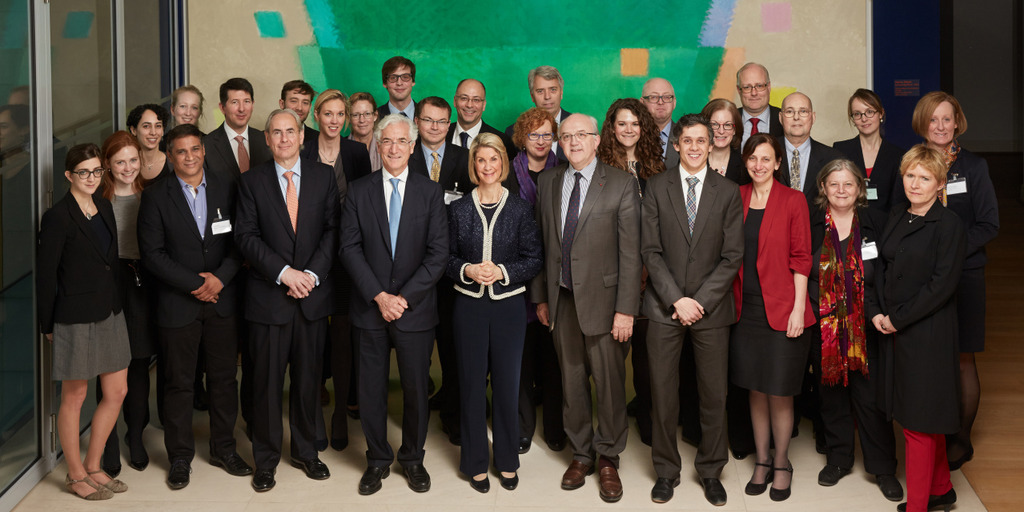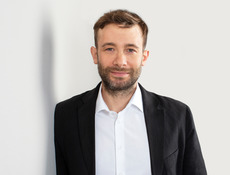Following its first two meetings last year in the White House in Washington, DC and in Downing Street in London, the task force convened in Berlin for the third time under the chairmanship of Sir Ronald Cohen, founder of the international investment firm Apax Partners, to examine opportunities for social investment in Germany.
"Social impact bonds open up completely new opportunities for partnerships between the state, the social sector and social investors," said Brigitte Mohn, member of the Bertelsmann Stiftung Executive Board and German representative to the G-8 task force. Mohn highlighted examples of innovation in the social sphere that investors and social entrepreneurs could use to make a difference. Cooperation between investors and social organizations would give rise to significant opportunities for tapping into the potential that social impact investing offers, while stimulating new forms of social problem-solving, Mohn said.
Political considerations
Parliamentary State Secretary Steffen Kampeter of the German Finance Ministry and Departmental Director Dieter Hackler of the German Ministry for Families, Seniors, Women and Youth participated in the event, providing input for the discussions. Hackler emphasized the responsibility borne by Germany's "community of actors," consisting of policymakers, civil society organizations, social service providers and the business sector. When it comes to overcoming social challenges, local-level institutions also have a key role to play, he said. Kampeter discussed the unique nature of Germany's public-sector social structures and the background conditions for deploying private investment capital in the social sphere, which differ from those found in Anglo-Saxon countries. However, social investments, appropriately regulated, could also contribute significantly to strengthening Germany's social sector, he said. According to Kampeter, the best leverage can be achieved by promoting innovation, increasing efficiency and making additional resources available for preventative measures.
View from the financial and social sectors
In addition to the two political representatives, speakers from the financial and social sectors discussed various aspects of the social investment market. They included representatives of Kreditanstalt für Wiederaufbau (KfW), Sozialwerk St. Georg e.V., Deutsche Investitions- und Entwicklungsgesellschaft (DEG) and several social investment funds and financial institutions. In addition, Karen Wilson of the OECD informed the task force of the current status of the OECD’s report on social impact investing in the OECD's member states.
About the task force
The Social Impact Investment Task Force consists of two representatives from each of the G-8 nations, one from the public sector and one from civil society. Germany's representatives are Susanne Dorasil of the Federal Ministry for Economic Cooperation and Development (BMZ) and Brigitte Mohn, member of the Bertelsmann Stiftung Executive Board. Created by the G-8 member states and representing the world’s leading industrialized nations, the task force has been given the goal of further developing the international market for social investment. Chaired by Sir Ronald Cohen, founder of the international investment firm Apax Partners, the task force also includes policymakers and leading international experts from civil society, the financial sector and the business community. In autumn 2014 it will publish its final report containing recommendations on how to best expand the international market for social impact investment.




